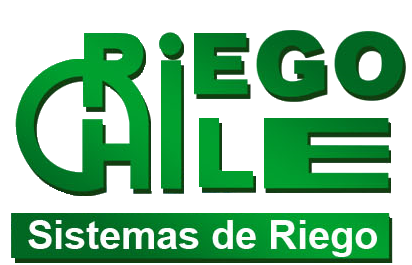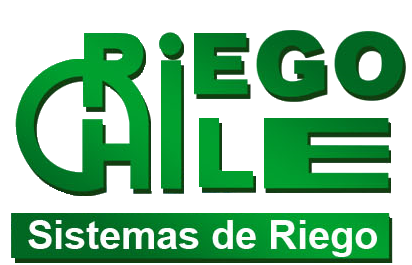

Riego Chile

Ñuble Region, Chile
August 2022
Engineering
Service with Significant Environmental Footprint
Chile
Riego chile es una empresa líder en sistemas de riego tecnificado que ofrece soluciones a diferentes industrias que estén ligadas al riego y quieran hacer un uso eficiente y sostenible del recurso agua. Entregamos servicios como diseño, instalación y asesoría para cada uno de los proyectos contratados, además, asesoramos a nuestros clientes para el subsidio a la Ley de Riego. Contamos con certificaciones como ISO 9001-2015 y Sello de Reducción de GEI, mejorando nuestra política de sustentabilidad, buscamos innovar constantemente en nuevas tecnologías e incentivamos el uso de energías limpias y renovables, así como también, participamos activamente en fundaciones sociales. Nuestro impacto como empresa siempre ha sido y hemos querido que sea positivo, en cada una de nuestras acciones nos preocupamos de dar lo mejor y dejar una huella tanto en las personas como en el medio ambiente, lo que nos representa como una organización con sentido social y ambiental, generando así a futuro sociedades más sostenibles.
Overall B Impact Score
Governance 17.6
Governance evaluates a company's overall mission, engagement around its social/environmental impact, ethics, and transparency. This section also evaluates the ability of a company to protect their mission and formally consider stakeholders in decision making through their corporate structure (e.g. benefit corporation) or corporate governing documents.
What is this? A company with an Impact Business Model is intentionally designed to create a specific positive outcome for one of its stakeholders - such as workers, community, environment, or customers.
Workers 21.4
Workers evaluates a company’s contributions to its employees’ financial security, health & safety, wellness, career development, and engagement & satisfaction. In addition, this section recognizes business models designed to benefit workers, such as companies that are at least 40% owned by non-executive employees and those that have workforce development programs to support individuals with barriers to employment.
Community 15.9
Community evaluates a company’s engagement with and impact on the communities in which it operates, hires from, and sources from. Topics include diversity, equity & inclusion, economic impact, civic engagement, charitable giving, and supply chain management. In addition, this section recognizes business models that are designed to address specific community-oriented problems, such as poverty alleviation through fair trade sourcing or distribution via microenterprises, producer cooperative models, locally focused economic development, and formal charitable giving commitments.
Environment 34.4
Environment evaluates a company’s overall environmental management practices as well as its impact on the air, climate, water, land, and biodiversity. This includes the direct impact of a company’s operations and, when applicable its supply chain and distribution channels. This section also recognizes companies with environmentally innovative production processes and those that sell products or services that have a positive environmental impact. Some examples might include products and services that create renewable energy, reduce consumption or waste, conserve land or wildlife, provide less toxic alternatives to the market, or educate people about environmental problems.
What is this? A company with an Impact Business Model is intentionally designed to create a specific positive outcome for one of its stakeholders - such as workers, community, environment, or customers.
Customers 4.6
Customers evaluates a company’s stewardship of its customers through the quality of its products and services, ethical marketing, data privacy and security, and feedback channels. In addition, this section recognizes products or services that are designed to address a particular social problem for or through its customers, such as health or educational products, arts & media products, serving underserved customers/clients, and services that improve the social impact of other businesses or organizations.